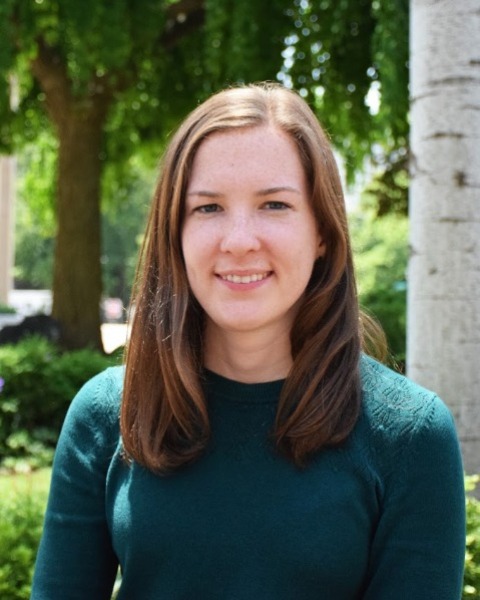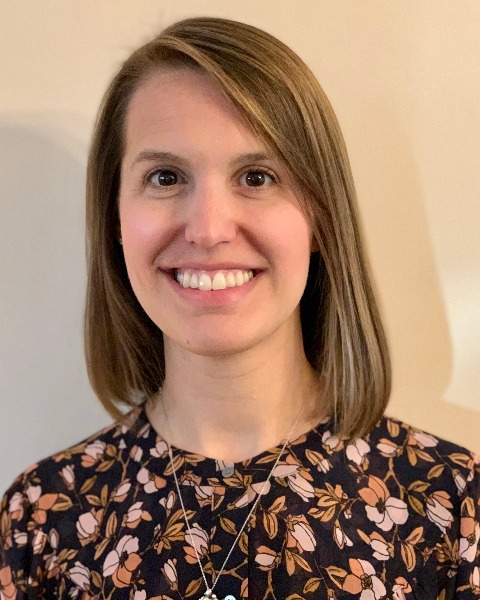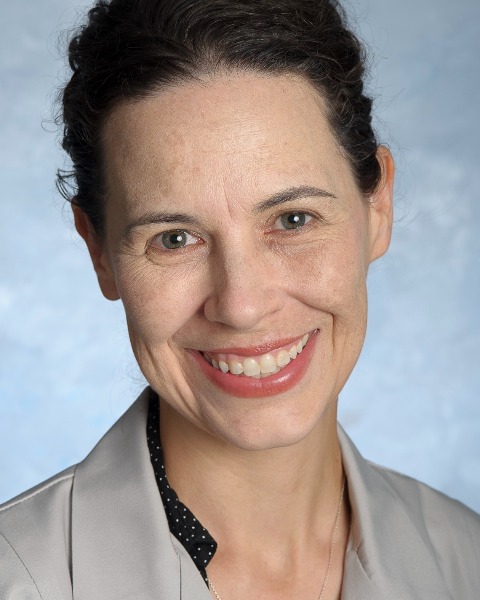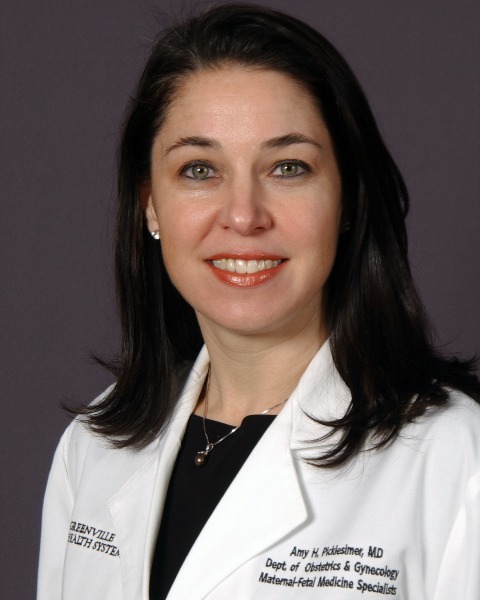Oral Concurrent Session 5 - Medical & Surgical Complications
Oral Concurrent Sessions
(51) Association of SARS CoV-2 infection in pregnancy and placental gene expression at delivery


- SC
Steve Cole, PhD
Professor, Department of Hematology-Oncology
University of California, Los Angeles
Los Angeles, CA, United States - RO
Renee Odom, MPH
Research Coordinator, Department of Obstetrics and Gynecology
NorthShore University HealthSystem
Evanston, IL, United States - MC
Megan Choi, BS
Research Assistant, Foundations of Health Research Center, Institute for Policy Research
Northwestern University
Evanston, IL, United States 
Lauren S. Keenan-Devlin, MPH, PhD
Research Scientist
NorthShore University HealthSystem
Evanston, IL, United States
- GM

- JR
- LE
Linda M. Ernst, MD, MSPH
NorthShore University HealthSystem, University of Chicago Pritzker School of Medicine
Evanston, IL, United States 
Ann Borders, MD, MPH, MSc (she/her/hers)
Clinical Professor, University of Chicago, Pritzker School of Medicine
NorthShore University HealthSystem, Evanston Hospital
Evanston, IL, United States
Amy Crockett, MD, MSPH (she/her/hers)
Professor
Prisma Health, University of South Carolina School of Medicine Greenville
Greenville, SC, United StatesDisclosure(s): I have no relevant financial relationships to report.
Primary Author(s)
Coauthor(s)
Presenting Author(s)
Coauthor(s)
SARS CoV-2 infection during pregnancy has been associated with varying degrees of placental inflammation, with an unknown underlying mechanism. We utilized the novel approach of placental gene expression analysis to examine possible mechanistic differences induced by SARS CoV-2 infection during pregnancy by trimester.
Study Design:
In this prospective dual site cohort study, placentas were biopsied at delivery in patients infected with SARS CoV-2 during pregnancy. Placental biopsies collected prior to the SARS CoV-2 pandemic were controls. Placental biopsies underwent novel genome-wide mRNA profiling and bioinformatics were used to assess transcription factor activity and immune cell activation, controlling for study site, age, parity, BMI, race/ethnicity, and insurance status. Transcripts with >2-fold differential expression between infected and uninfected placentas were considered significant.
Results:
886 uninfected and 68 infected placentas were analyzed. Of the affected samples, 8 were infected in the 1st, 24 in 2nd and 36 in 3rd trimester. Marked transcriptional alterations were identified in 3rd trimester infections, including upregulation of mesenchymal transcripts, elevated expression of Type I interferon/innate antiviral signaling (IRF, STAT family transcription factors), glucocorticoid receptor activity, macrophage activation, and downregulation of epithelial gene transcripts (Figure 1). Classical and non-classical monocytes were both upregulated. 2nd trimester infection demonstrated less significant interferon signaling, but additional inflammatory activation (NF-kB). These effects were not seen in 1st trimester SARS CoV-2 infection apart from macrophage activation, although sample size limits results.
Conclusion:
SARS CoV-2 infection was associated with multiple alterations in placental gene regulation with differential activity by trimester of infection. These differences could be related to the severity and timing of infection, and future research should clarify the impact of these factors.

